Ever since COVID-19 took over our lives, we have all been looking for ways by which we can save ourselves from getting the virus. Face masks and shields, hand hygiene – washing and sanitising, social distancing – avoiding people and staying home.
A COVID-19 Viewpoint report by the University of Minnesota (30th April 2020) says, “we must be prepared for at least another 18 to 24 months of significant COVID-19 activity, with hot spots popping up periodically in diverse geographic areas. The report also says that given the transmissibility of SARS-CoV-2, 60% to 70% of the population may need to be immune to reach a critical threshold of herd immunity to halt the pandemic.”
While the race to develop a vaccine is on (and there are multiple attempts/ trials going on across the world), there have been doubts about the possible efficacy and immunity that vaccines might be able to provide. The Oxford University coronavirus vaccine, according to human trial results published in the Lancet a few days ago, looks to be safe and promising. A vaccine may be out by the end of the year, or it may take longer, depending on how future trials go. Further, there are a whole lot of anti-vaxxers who are likely to refuse any vaccine. For the present, we will need to assume that herd immunity, when that happens, will not include any vaccinated people.
What all this means is that 60% to 70% of people across the world will get the virus at some point in time, most likely before there is any proper vaccine. In India itself, experts predict that by December 2020, 50% of Indians (about 650 million) would have been infected, and 90% of them wouldn’t even know.
As we have observed from the corona-positive cases we’ve seen around us, some have mild symptoms and manage at home, some need hospitalisation for observation and basic treatment, some are majorly affected and require critical care, and some die. Some have died after battling it out in the ICU for weeks while some have died within hours of showing first symptoms.
We’ve read that older people and those with comorbidities are more vulnerable. Yet, there have been people with health issues (such as those on regular dialysis) and old patients who have recovered. There have been young healthy patients who have died. Government data analysis (3rd July 2020) indicates that 43% of patients who died had no comorbidities.
Why do we react differently to the virus?
Look out for COVID-19 symptoms if you feel unwell. Even if you have no COVID-19 symptoms, regular monitoring of oxygen levels using a pulse oximeter is a good practice to keep track of your lungs. Oxygen blood saturation SpO2 of 95-100% means that you are doing fine. Ironical as it may sound, being able to run 10K does not necessarily mean that you are in good enough shape to beat the virus. And you never know if you have some underlying health condition.
Since the virus is a little over six months old, doctors and scientists are still discovering new things about it, and it is likely to take some years before we know about its long term effects.
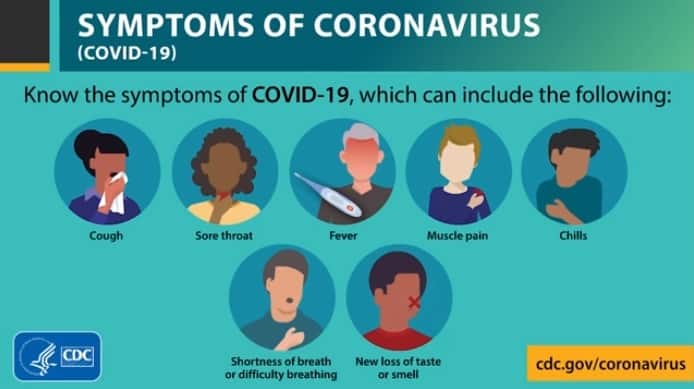
You need to have sufficient quantity of the virus in your body to get affected by it. Studies have shown that despite having similar viral loads, some people do not develop symptoms while others get seriously ill. So it seems that it all boils down to the constitution of your body – whether or not it is internally capable of beating the virus. In other words, it comes down to how good your immune system is.
What determines your body’s immune response?
Well, it’s all about the things that every living creature needs – proper food, regular exercise, sufficient sleep, and a cool mind. If you’re eating randomly and managing with a few hours of sleep, then it’s quite likely that your immunity is compromised. A positive attitude is also said to help the immune system.
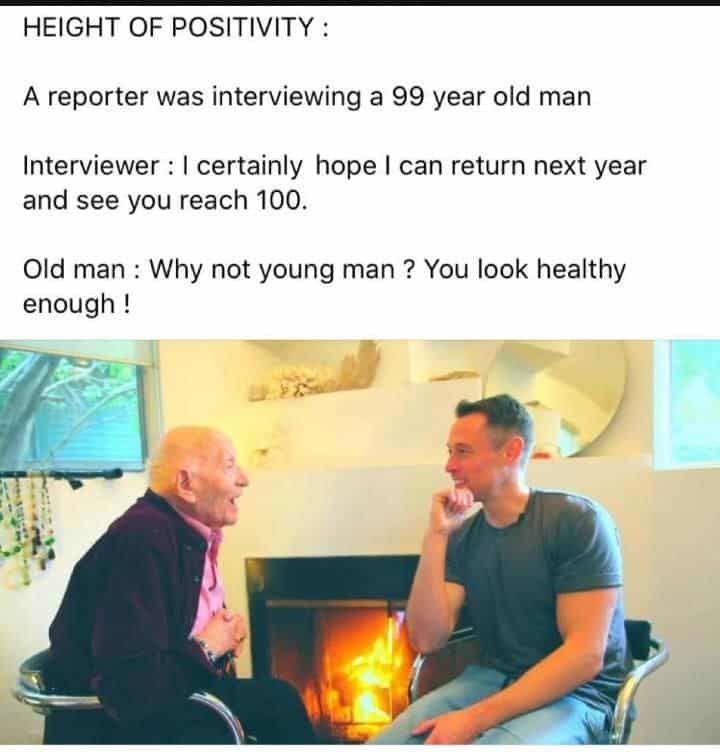
The internet has been full of advice, traditional remedies and food recipes to boost your immunity.
Way back in March, when India had recorded about 30 cases of COVID-19, the Government of India’s Ministry of Ayush released a document with recommendations (Ayurveda, Siddha, Homeopathy) for the “promotion of immunity and help in improving the respiratory symptoms in similar diseases.” It was only after lockdown that this was publicised in the newspapers, and we had people in Mumbai scurrying for the Homeopathic medicine, Arsenicum album 30, whose efficacy is actually not proven.
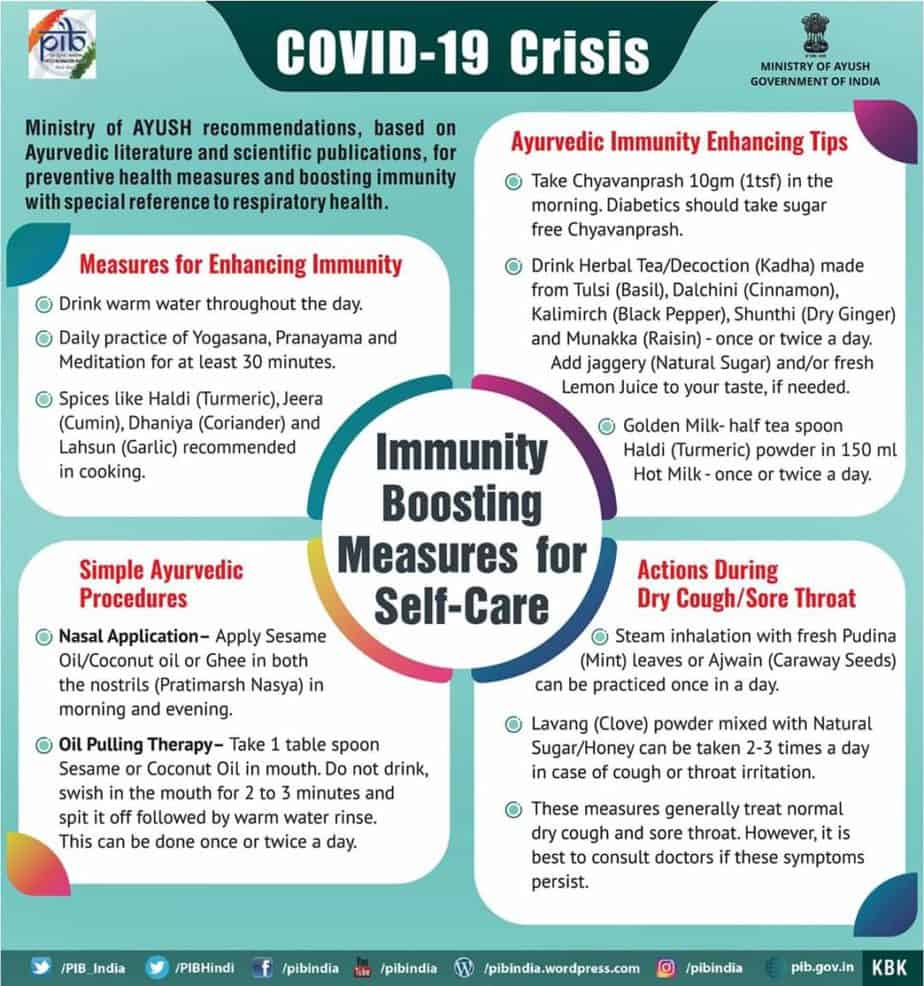
In April, the Tamil Nadu Government issued a notice, recommending certain measures for frontline workers. The herbal powders it mentioned were distributed to people free of cost across Chennai. Likewise, each state government was doing its own thing.
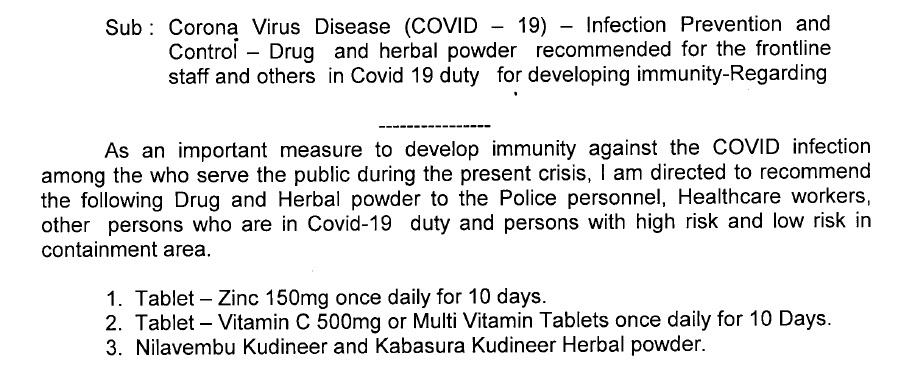
I didn’t find any published information, but it would be interesting to know if any of those who took the concoctions did contract the virus.
The Coronil drug, launched as a cure for COVID-19, was re-positioned as a drug for immunity. Soon it probably will have a different name, as Coronil is, in fact, an already existing anti-corrosion treatment product.
There are opportunities in every adversity and “immunity boosting” is the in-thing these days. Name it, and there’s probably an immunity boosting variant. Marketeers are using the immunity positioning to push their products, and it won’t be surprising if they have been flying off the shelves.
These days, you get immunity boosting water, soft drinks, tea, milk, bread, honey, cornflakes, atta, masalas, cake, ladoos, chocolates. Even alcoholic drinks!
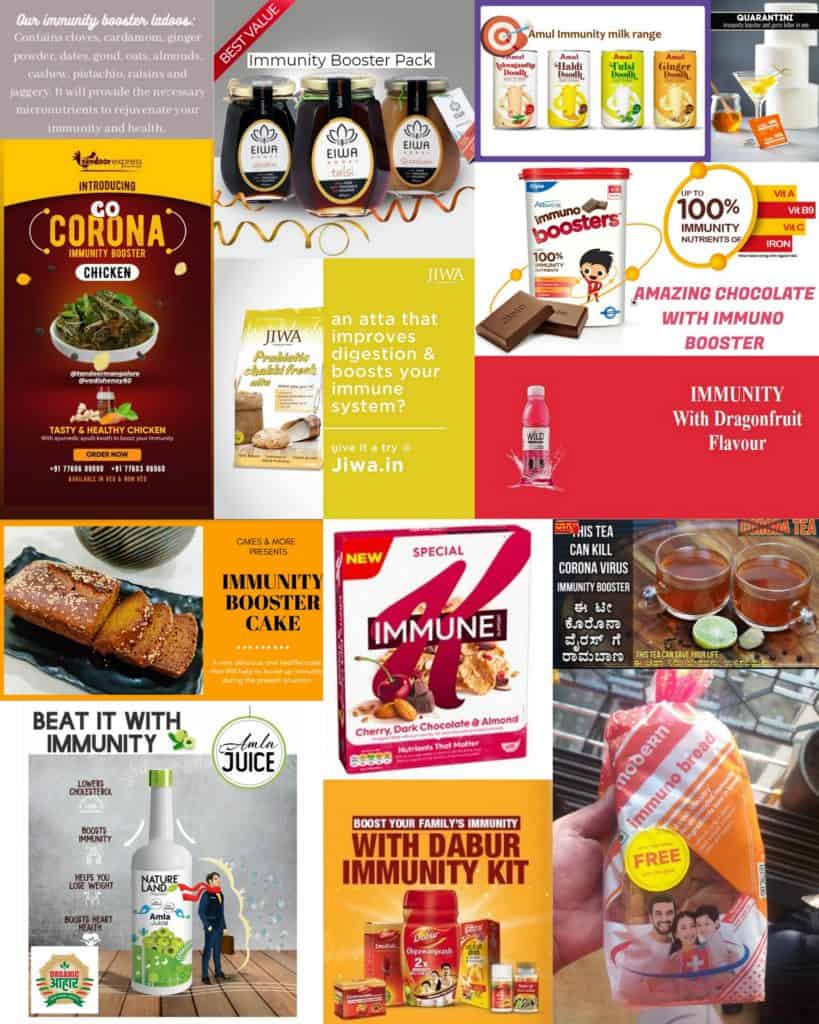
Starting with breakfast, right till your night cap, there is something you can consume to “boost your immunity” – another way of saying, help your immune system so that it responds in a favourable way if you fall ill, or help you stay healthy. We really do not know if they will help you fight away COVID-19, because your immune system does not need to be overly strong, just optimal.
So as long as these foods don’t harm you and make you feel that you’re invincible, it’s ok.
As Akiko Iwasaki, an immunologist at Yale University says, “One thing I do warn against is when people feel like they’re protected. They shouldn’t feel empowered to go out there and, you know, start having parties.” Let us pay heed. At this point, immunologists would be the ones who should know best!
Be cautious when feeding yourself with immuno foods. Take all precautions and stay safe. If you would like to read a nice article about immunity, please see here.
The article first appeared on the author’s blog arathimy.wordpress.com.
Related articles Immunity boosting foods to help stave off the coronavirus Will Siddha and homeopathy medicine provide a shield against COVID-19? Chennai keeps an open mind COVID survivor from Kotturpuram shares her story: “Your immune system is your vaccine today” Why many children on Chennai’s streets don’t want to go home for lunch
Very well thought of article. Pharamaceuticals are coming with immune boosters. All contain Zinc vitc and vitd along with other vitamins. Added shunti, pepper etc